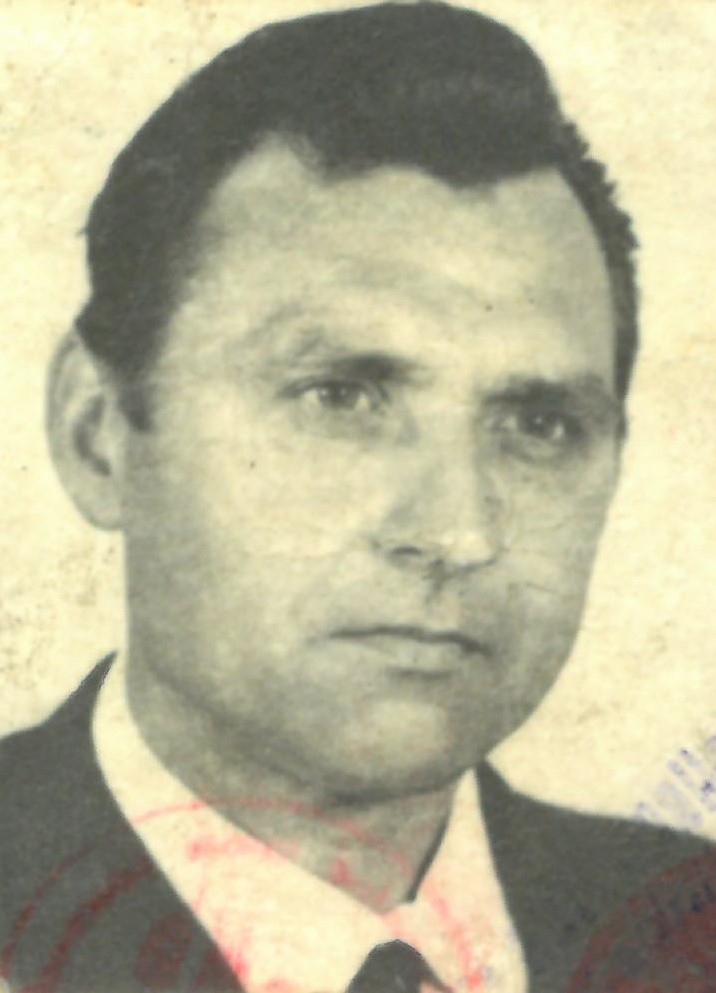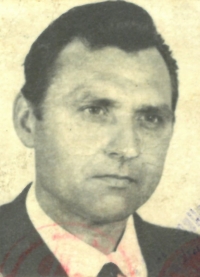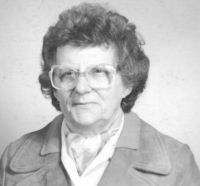He wanted to help Jewish women. He was chased by a car, hid under a dead body.

Download image
František Kočí was born on 7 November 1925 in Chotěnice near Heřmanov Městec. His father Josef Kočí trained as a blacksmith and later he and his mother Anna Kočí bought a farm. He had two older siblings, a brother Josef and a sister Miloslava. He went to school in Morašice, trained as a shoemaker and then as a bricklayer in Pardubice. During the Second World War he brought wood to Jewish girls and was almost caught. At the end of the war, he saw a Soviet soldier leading one of the Vlasovites to execution. From 1943 he worked first in the forge and then in the welding shop at the Wiesner factory in Chrudim, which became Transport after nationalisation. He also invented improvements for the municipal enterprise. After 1945 he got married and had a son and a daughter. He and his wife lived in Markovice. After the currency reform in 1953, he saw the hundred crowns pinned on the poles. He was not interested in politics, he lived by his work, gardening and from his youth he was a beekeeper. In 2023 he lived in Markovice.

